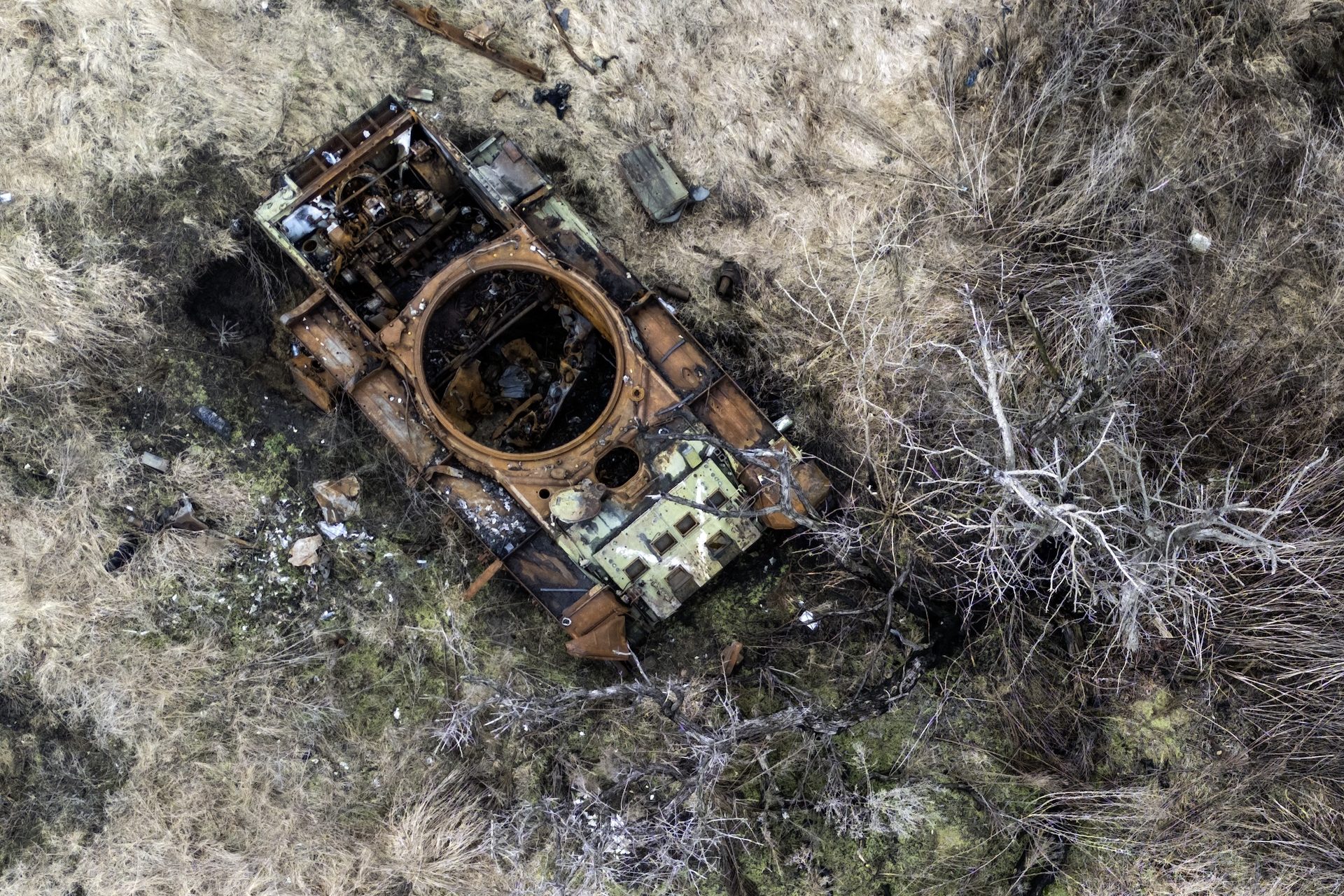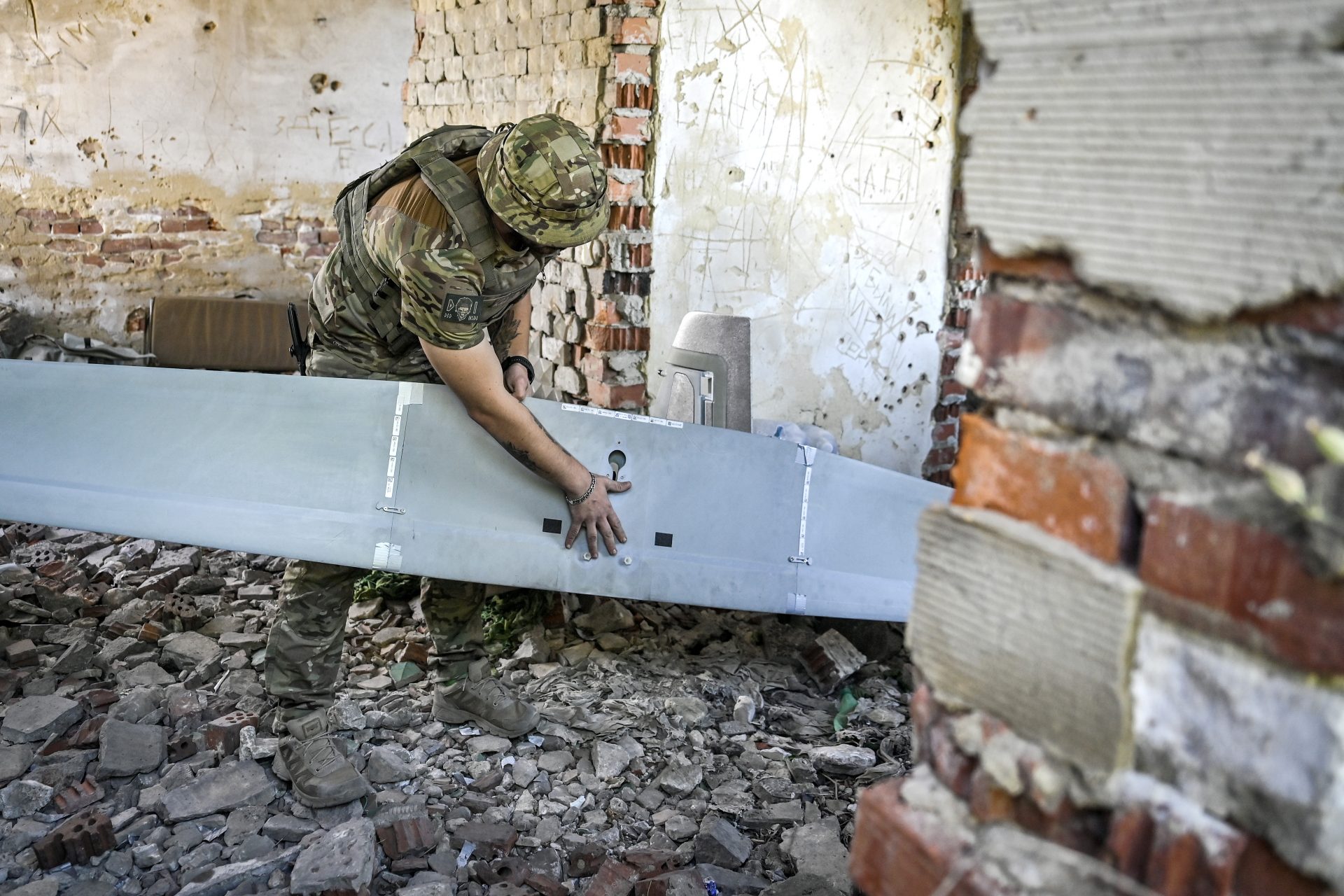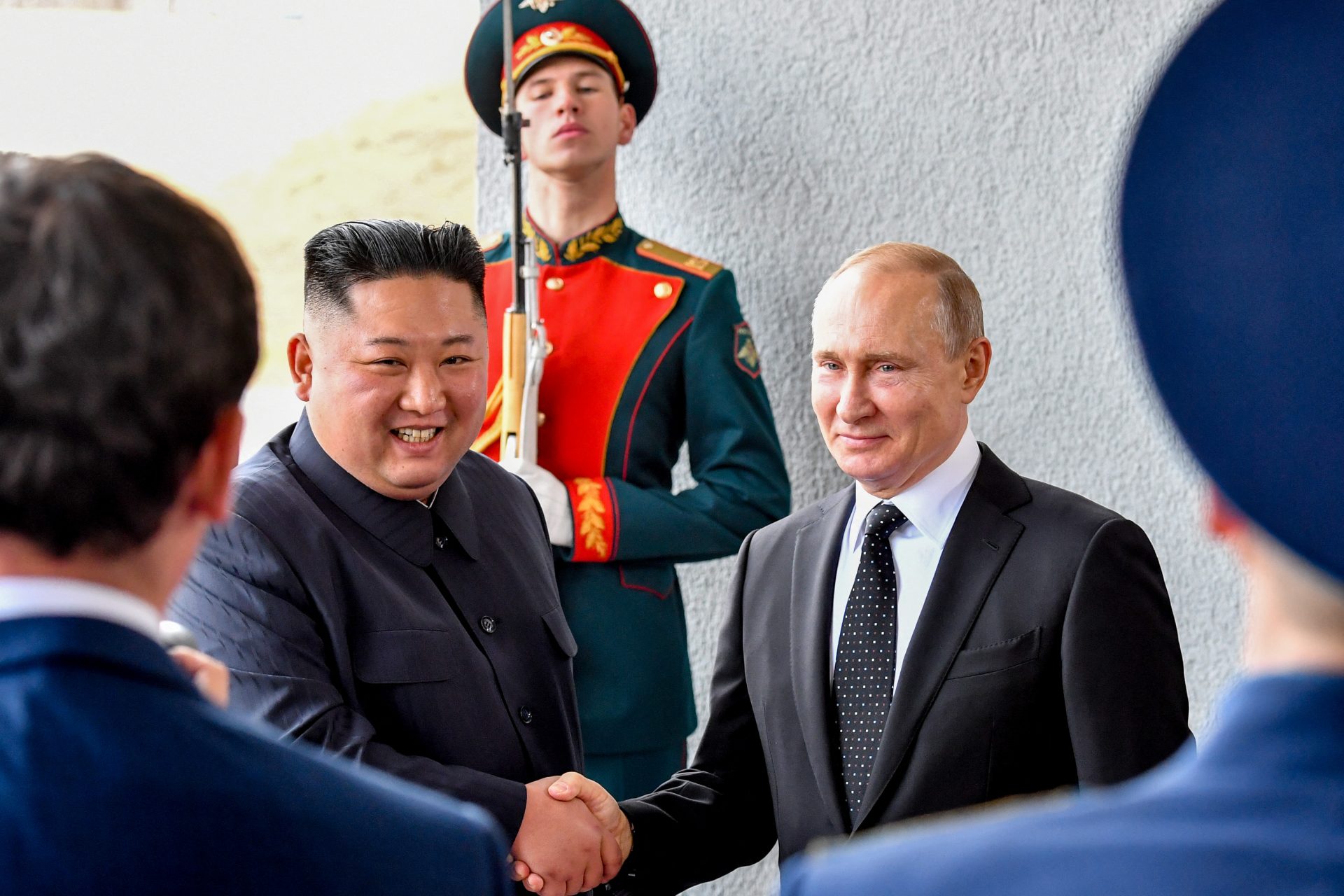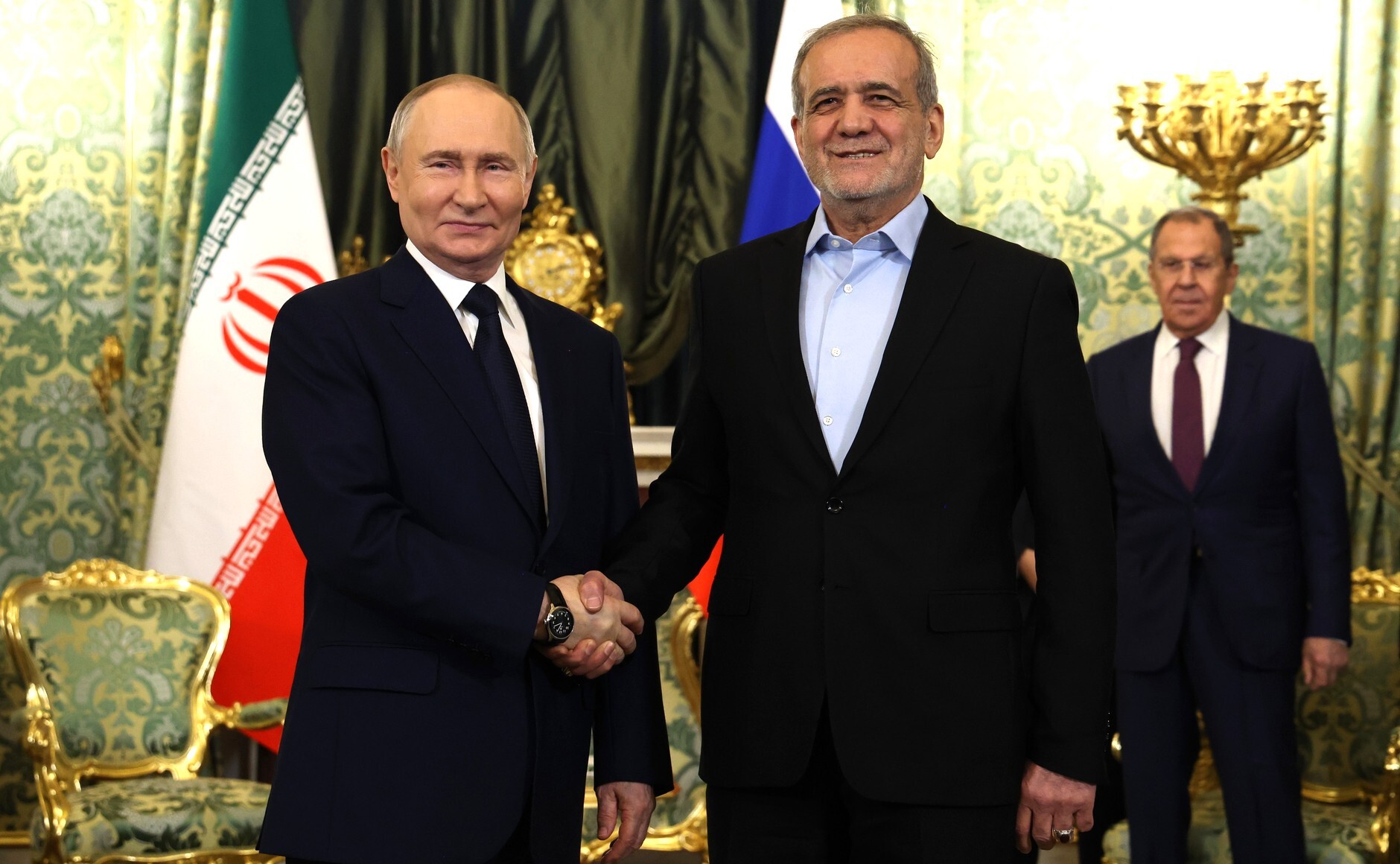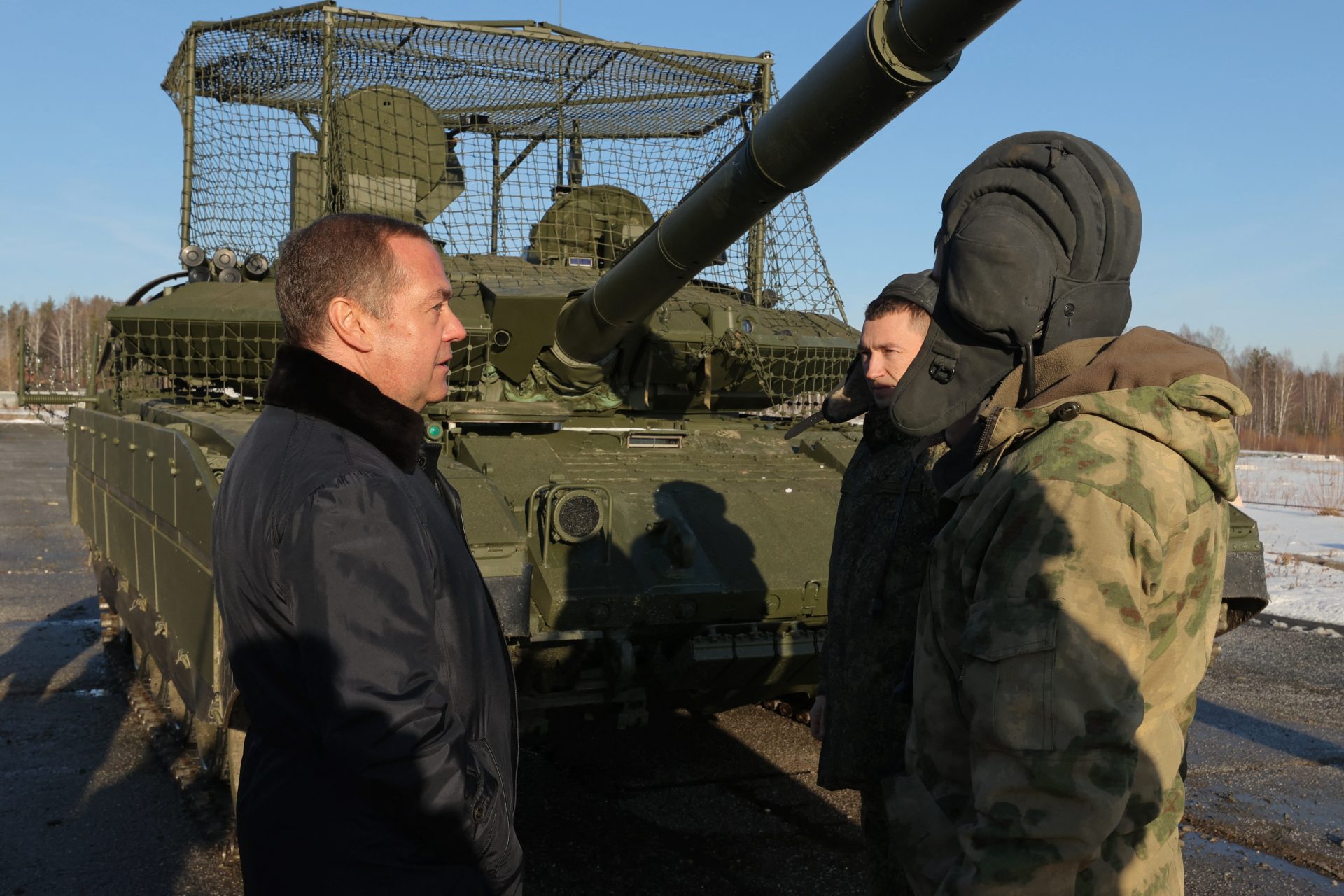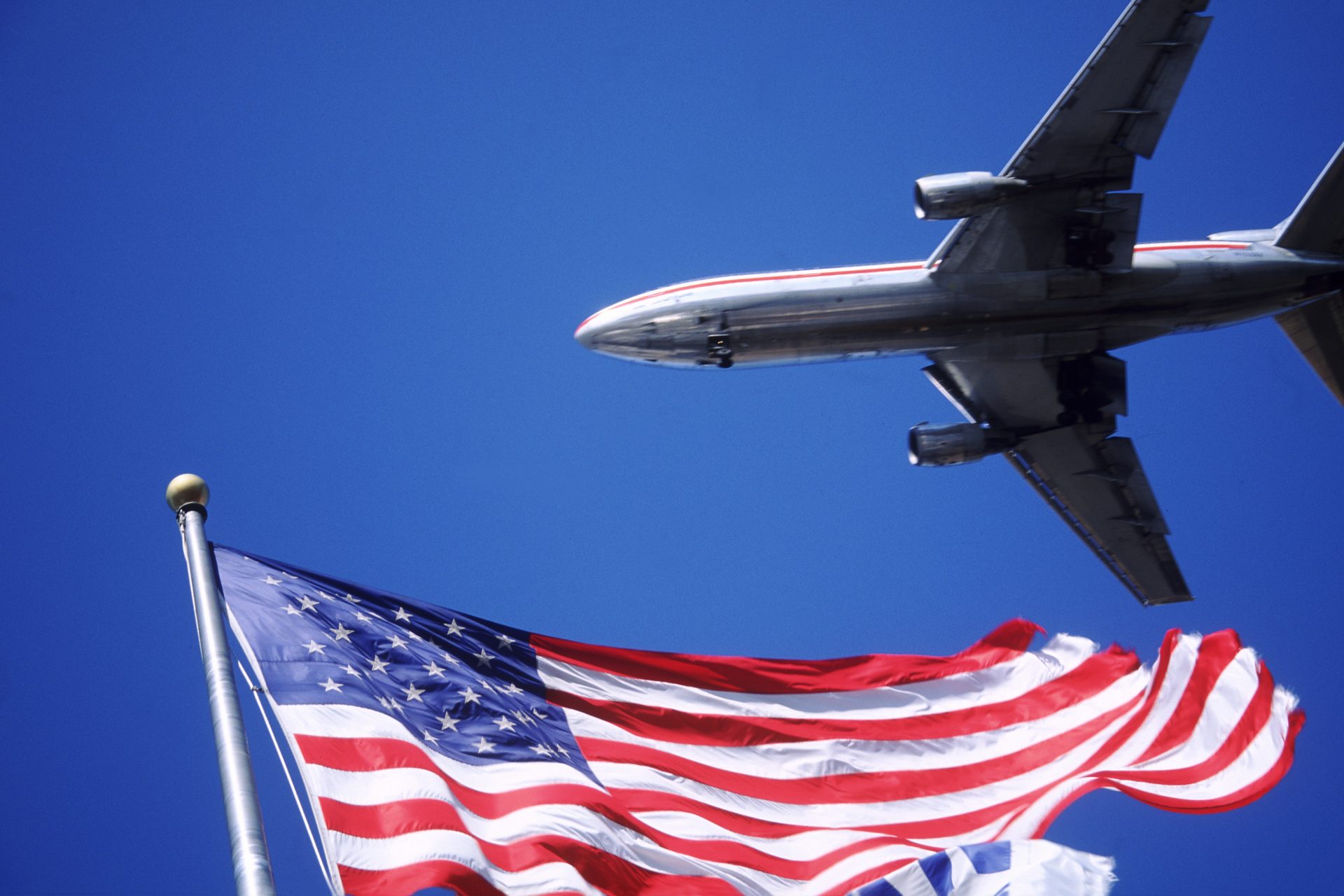Hotel Rwanda hero, Paul Rusesabagina, returns to US after being wrongfully detained since 2020
Paul Rusesabagina, who inspired the Hollywood film ‘Hotel Rwanda’ (2004), was freed from prison in Kigali and returned to the US, where he’s a permanent resident since the late 1990’s.
During the 1994 Rwandan genocide, Rusesabagina saved hundreds of people by sheltering them in the hotel he then managed.
In August 2020 he was kidnapped while en route to Burundi and appeared in Kigali, Rwanda several days later. He was then sentenced to 25 years in prison over terrorism charges, which the US classified as a wrongful detention.
The wrongful detention of Americans abroad is known as hostage diplomacy, and the objective is to influence amenable political decisions, or prisoner swaps.
Usually, the responsible government does not openly state its geopolitical ends, but it will imply that the captive’s fate is linked to broader hostilities or even to some specific demand.
The practice is often associated with authoritarian states, such as Iran, Venezuela, Russia, North Korea, among many others.
Hostage diplomacy usually occurs in countries that have little international standing or foreign tourism to risk and may be desperate for leverage against American threats of regime change or war.
This is why, Biden introduced a "risk indicator", known as the “D” indicator (D for detention), to the U.S. Department of State's travel advisories for particular countries to alert Americans of the risk of wrongful detention by a foreign government.
The first countries to receive this additional risk indicator were China, Iran, Myanmar, North Korea, Russia and Venezuela, the White House said.
The "D" indicator joined the existing "K" indicator (K for kidnapping), that covers the risk of hostage-taking by non-state actors, as well as a range of other existing risk indicators.
China's "D" risk designation may spark rage in Beijing, where Chinese officials have largely tried to avoid the subject of wrongful detentions and where Western sanctions are a constant trigger.
Experts estimate that roughly 200 Americans are arbitrarily jailed in China, and that even more are subject to unlawful "exit bans," barring them from leaving the country.
Syria, with which the United States does not currently have formal diplomatic relations, was notably excluded from the "D" risk designation.
U.S. officials believe that while the Syrian government may not be currently holding American journalist Austin Tice, it could have valuable information on his whereabouts and perhaps those of other missing Americans. Tice was abducted in Syria nearly 10 years ago.
Some advocates have pushed for the Biden administration to take a more vocal approach to secure their freedom, rather than the standard behind-the-scenes diplomacy.
Nevertheless, the question of how much attention to call to such cases is debatable. Playing them up can effectively increase the hostage’s value, making their quick return less likely.
However engaging too quietly can risk conveying to foreign governments that hostage diplomacy goes unpunished.
Brittney Griner’s case, who was wrongfully detained in Russia for 9 months before returning to the US in a prisoner swap, is probably the most famous recent one, but it is hardly the only wrongful detention case…
In fact, over the last 10 years there has been a 175% increase in incidents of Americans being wrongfully detained, according to Cynthia T. Loertscher, the director of research, hostage advocacy, and government affairs for the Foley Foundation.
Pictured, a mural of American hostages in Washington D.C.
The latest case of hostage diplomacy is that of Evan Gershkovich, a reporter from the Wall Street Journal, who has been accused of espionage by Russian authorities for investigating Wagner: an extremist paramilitary group known as ‘Putin’s private army’.
According to the James W. Foley Legacy Foundation, there are currently 54 publicly known cases of Americans being held hostage or wrongfully detained around the world. However, the number of undisclosed wrongful detentions may be way higher.
More for you
Top Stories
























